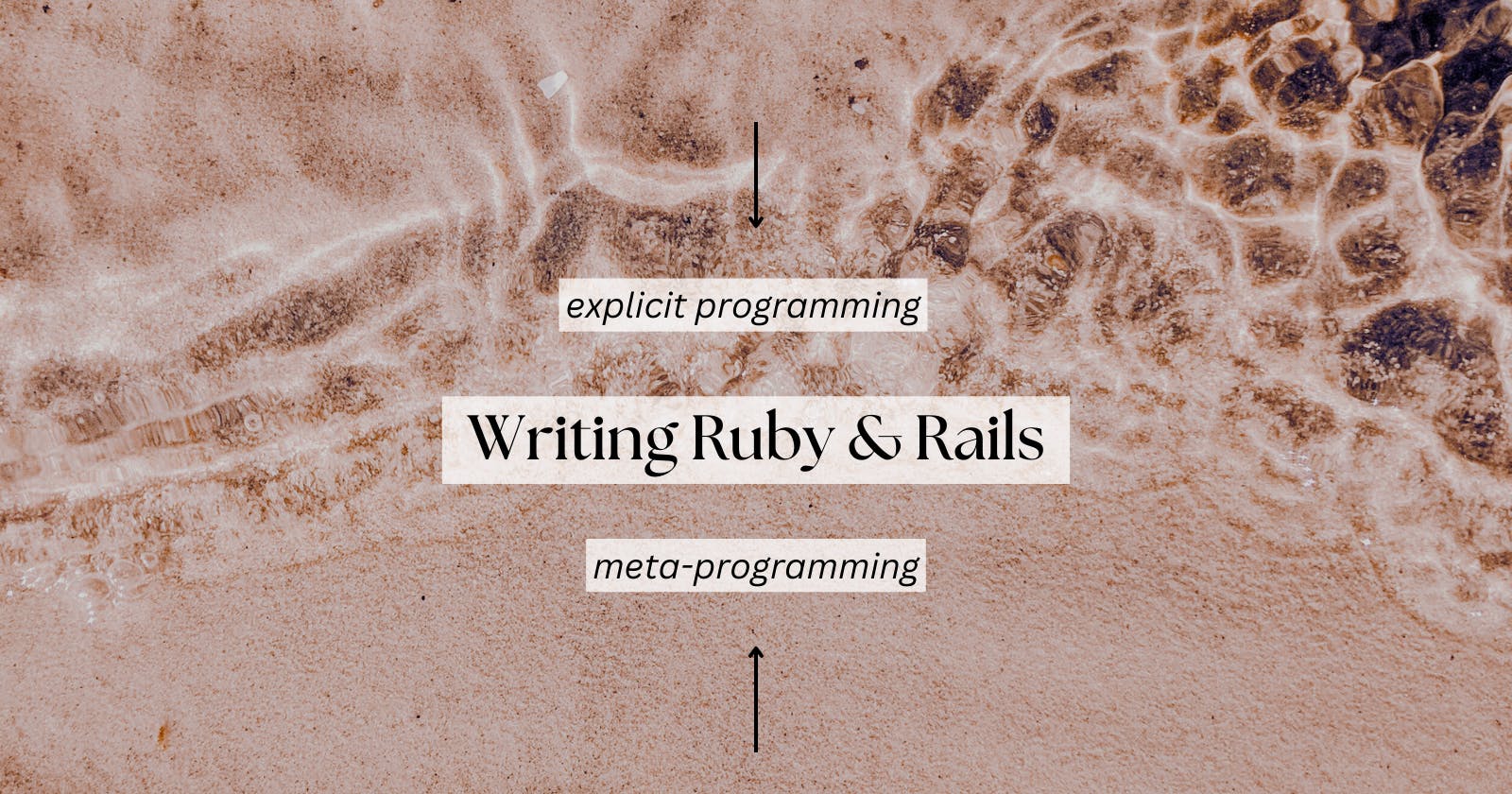In the ever-evolving landscape of Ruby on Rails, how we choose to handle code can be as diverse as the developers themselves. Recently, my exploration into refactoring Rails helper to generate UI component names dynamically, led me down the path of metaprogramming – a powerful, dynamic tool that Ruby handles with elegance. My latest blog post delves into this, detailing how I transformed static helpers into dynamic renderers. Here is my final refactor code embraces the metaprogramming "magic" with method_missing and respond_to_missing? methods.
module RapidRailsUI
module ViewHelper
SPECIAL_PLURALIZATIONS = {
'tabs' => 'Tabs'
}.freeze
def method_missing(method_name, *args, **kwargs, &block)
if method_name.to_s.start_with?("rui_")
component_name = method_name.to_s.sub("rui_", "")
component_name = SPECIAL_PLURALIZATIONS[component_name] || component_name.classify
component_class = "RapidRailsUI::#{component_name}Component".safe_constantize
if component_class
return render component_class.new(*args, **kwargs), &block
end
end
super
end
def respond_to_missing?(method_name, include_private = false)
method_name.to_s.start_with?("rui_") || super
end
end
end
But as we know every coin has two sides, and a thought-provoking response from a Artur highlighted an alternative approach. Eschewing metaprogramming's "magic" for explicitness, Artur's method focused on the virtues of code discoverability, maintainability and reducing cognitive overhead. Please go and read it now. Artur suggested a refactor that prioritizes readability and straightforwardness, perhaps at the expense of brevity. Here's a glimpse into their strategy:
module RapidRailsUI
module ViewHelper
# Explicit methods for each component
def railsui_button(*)
railsui_component ButtonComponent, *
end
# ...additional component methods...
private
# Reusable rendering logic
def railsui_component(component_class, *args, **kwargs, &block)
render component_class.new(*args, **kwargs), &block
end
end
end
This approach offers ease of understanding for developers who may stumble upon the code later. It makes tracing method calls straightforward and keeps the surprise to a minimum – no mysterious method resolutions here!
On the flip side, while metaprogramming can be a bit opaque and may affect the 'grepability' of methods, it offers an undeniable conciseness and DRYness, reducing the need to write out boilerplate code for each new component.
The crux of the debate is the balance between the explicit and the abstract aka "Ruby magic. Metaprogramming, with its dynamism and compactness, stands on one side, while explicit definition, with its clarity and ease of tracking, stands on the other.
As we traverse through the realms of coding strategies, it's clear there's no one-size-fits-all solution. Each project may call for a different approach, and as developers, our job is to discern which path aligns best with our goals. Do we value the swiftness and scalability that metaprogramming provides, or do we lean towards the explicitness that fosters easier maintenance and understanding?
In the end, both perspectives enrich the discussion and contribute to the robust toolkit from which we can draw as Ruby on Rails developers.
What's your take on this?

